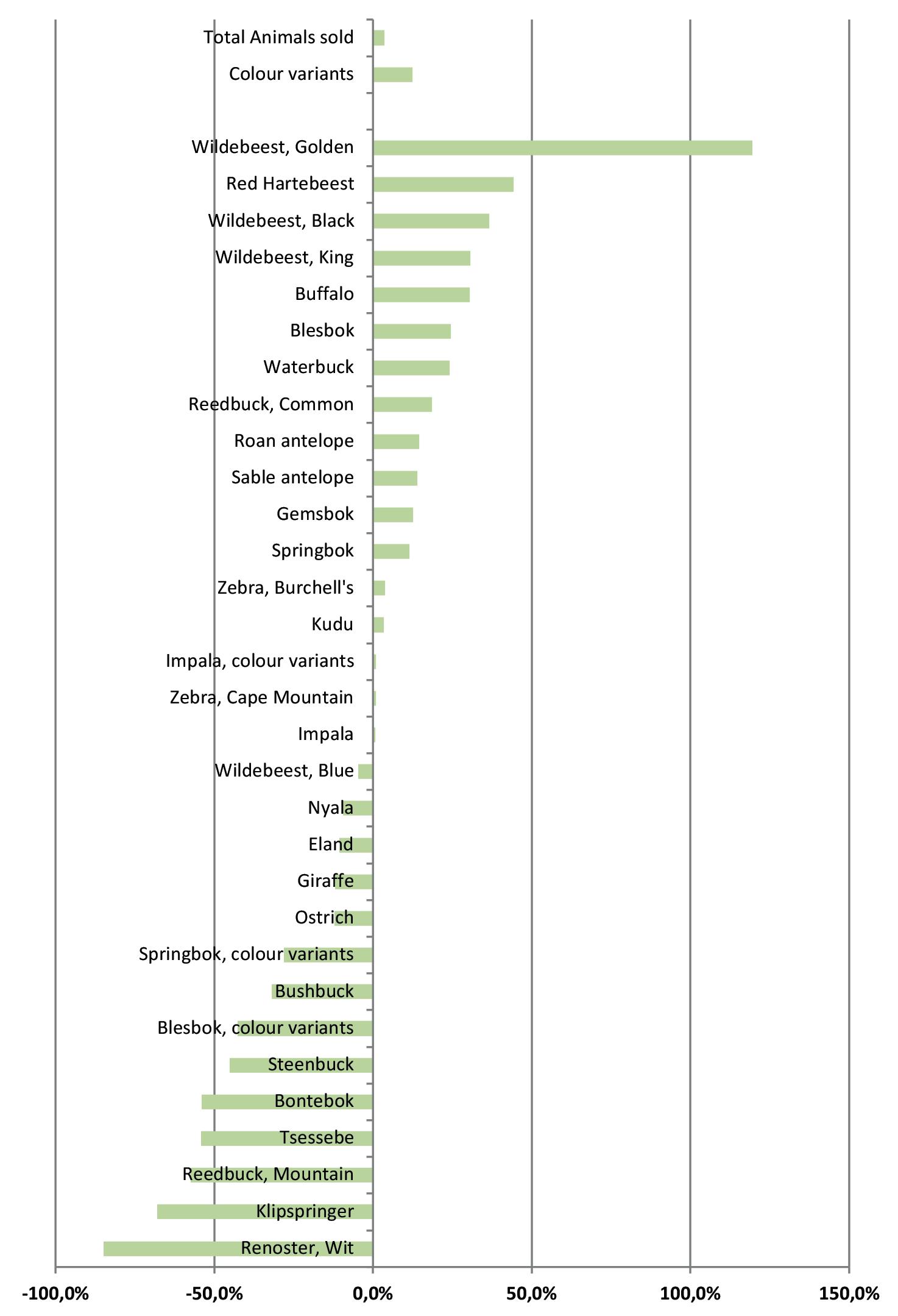
3 minute read
Making an impact on young women in rural areas
by WCDOA pubs
by Brighton Shumba, brightons@elsenburg.com
TThe year kicked off on a high note with the Rural Female Youth Mentorship (RFYM) camp, which took place in January 2019 at the Amana Conference Centre in Hermanus. A group of 25 young girls from the prioritised rural development nodes of the Western Cape started a mentorship programme during the three-day camp.
The young ladies, from Grade 9 upward, participated in this mentorship camp, which forms part of the RFYM project. It aims to equip young girls and women in rural areas with basic life skills in order to reduce the high number of school drop-outs, improve sexual health and prevent alcohol and drug abuse.
The RFYM project is one of the various strategic worker and rural youth projects being rolled out by the Department in response to the province-wide Agri Worker Household Census (AWHHC), conducted by the sub-programme Farm Worker Development. The findings of the AWHHC indicated high unemployment levels among rural youth, as well as a low number of matric qualifications. The findings further indicated that across all the Western Cape regions, the percentage of individuals exiting the labour market is significantly lower than the number that will be entering the market over the next 14-year period. In order to address these imbalances, dedicated efforts to empower rural youths are required and hence the implementation of the RFYM project. The project focuses on young women, as they are often at higher risk, and aims to support their intake into further training.
The camp created a favourable environment for these young women to connect, learn and inspire one another. The programme for the camp sought to primarily empower, educate and inspire the participants to become active, informed and responsible young people, and to lead change in their communities. The camp addressed key life and leadership aspects that covered the following: self-esteem, conflict management, substance abuse awareness and prevention, sexual health, financial literacy, gender-based violence and career guidance.

Throughout the camp the facilitators challenged the participants’ stereotyping and apathy, steering them towards developing their own unique action plans for addressing key challenges facing their communities.
Ms Antonia Xaba, Chief Director for Rural Development, attended the camp and had an opportunity to share her life story, which focused on the “power of vulnerability”. She said, “being vulnerable can offer the opportunity of clarity on one’s reality and unlock the opportunity to dream and move from a position of perceived weakness to a position of real strength and courage”.
Author of this article, Mr Brighton Shumba (Project Manager for the RFYM project) highlighted the importance of women mentorship: “When we support the growth and empowerment of women and girls, we transform our communities and raise the quality of life for everyone. When women lead, they not only lead their families, they lead in their community; they fight for their children, and they give voice to issues that are crucial to our collective future. Mentoring encourages ambition and builds their confidence”.

Ms Suzzette August, one of the participants from Arniston, Cape Agulhas, expressed her gratitude to the department for organising such an informative camp. “I made some new friends, learnt new things, enjoyed everything and every session was special and inspiring. I am now inspired to do more than what I planned for my community.”
Another participant, Ms Angenathi Mdashe from New Horizons, Plettenberg Bay, shared some of her key lessons with the rest of the group. “Be positive, love yourself, be who you are and don’t change yourself for other people; don’t be judgmental; you should be a helper in your community.” with the belief that they do indeed possess “personal power”. They do not have to be afraid or shy away from “being who they truly are”.

These young women acknowledge that they have a leadership role to play in their local communities and that they fully intend to step into this role by becoming positive role models for their peers. This is evident from the fact that they have developed a “plan of action” to transfer what they have learnt at the camp by way of projects at their schools and other circles of influence within their communities. The group will receive ongoing support in the form of one-on-one mentoring sessions with experienced coaching professionals for a period of three months.
The experience at the RFYM weekend camp has been the proverbial planting of seeds, which will over time, and at the right time, lead to the harvesting of crops aplenty. Sincere appreciation also goes to the facilitators of the camp, Women Lead Movement, who throughout the process were sensitive to the individual context of each participant.
These observations, and others not recorded, leave one with a sense that this special group of young rural women have left the camp feeling more positive about themselves. They return to their communities AP











